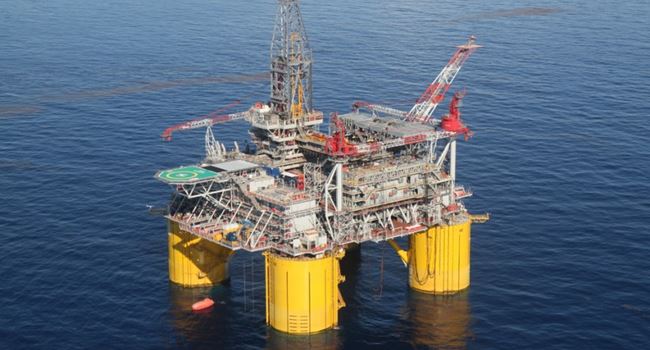Business
Oil prices fall on fears of new coronavirus wave, Bonny Light gains 2.36%

Oil prices slid on Wednesday, obliterating last session’s gains as concerns regarding a second wave of the coronavirus pandemic subdued support from a steady reopening of global economies.
Brent crude, which on Tuesday reached its highest point since a price slump started in March, was down by 80 cents or 1.88% at $41.83 per barrel at 12:52 West Africa Time.
The oil benchmark has leapt from below $16 in April but remains one third lower than its level at the end of 2019.
U.S. West Texas Intermediate (WTI) crude fell by 87 cents or 2.16% to $39.50 a barrel.
Nigeria’s premium crude grade, Bonny Light, went 99 cents or 2.36% higher to $42.93 per barrel at the last session while another major national grade, Qua Iboe edged up by 11 cents or 0.26% to $42.85.
A surge in coronavirus infections in the United States, China, Latin America and India has given rise to jitters in investors.
Read also: Oil prices steady over fate of U.S.-China trade, Bonny Light gains 0.33%
Stephen Brennock of broker PVM said “these are all important oil demand centres. A second wave of infections and lockdowns will derail the global economic recovery and with it, oil demand and prices.”
Storage facilities around the world are nearly full and analysts say they will struggle to cope with unused oil should a second wave of the pandemic hits demand.
Optimistic European manufacturing surveys provided some support but European Central Bank Chief Economist Philip Lane said solid data was not necessarily a reliable guide and the euro zone economy would require considerable time to recover.
Additional pressures on prices, particularly the WTI, came from a more-than-expected increase in U.S. crude stocks, according to industry group the American Petroleum Institute.
Nevertheless, U.S. gasoline and distillate inventories fell, implying that consumption was improving as lockdowns were eased.
Global oil demand has begun to see recovery as economies emerged from lockdown just as the Organisation of the Petroleum Exporting Countries (OPEC) and its allies, a grouping known as OPEC+, have slashed supply and U.S. shale producers have closed down wells.
Yet, global stockpiles are still rising. India’s oil exports in May touched its lowest point since October 2011 as refiners with overflowing inventories of crude cut purchases.
China, the world’s biggest crude importer, is similarly expected to slow oil imports in the third quarter, after the record purchases in recent months.
Join the conversation
Support Ripples Nigeria, hold up solutions journalism
Balanced, fearless journalism driven by data comes at huge financial costs.
As a media platform, we hold leadership accountable and will not trade the right to press freedom and free speech for a piece of cake.
If you like what we do, and are ready to uphold solutions journalism, kindly donate to the Ripples Nigeria cause.
Your support would help to ensure that citizens and institutions continue to have free access to credible and reliable information for societal development.
























